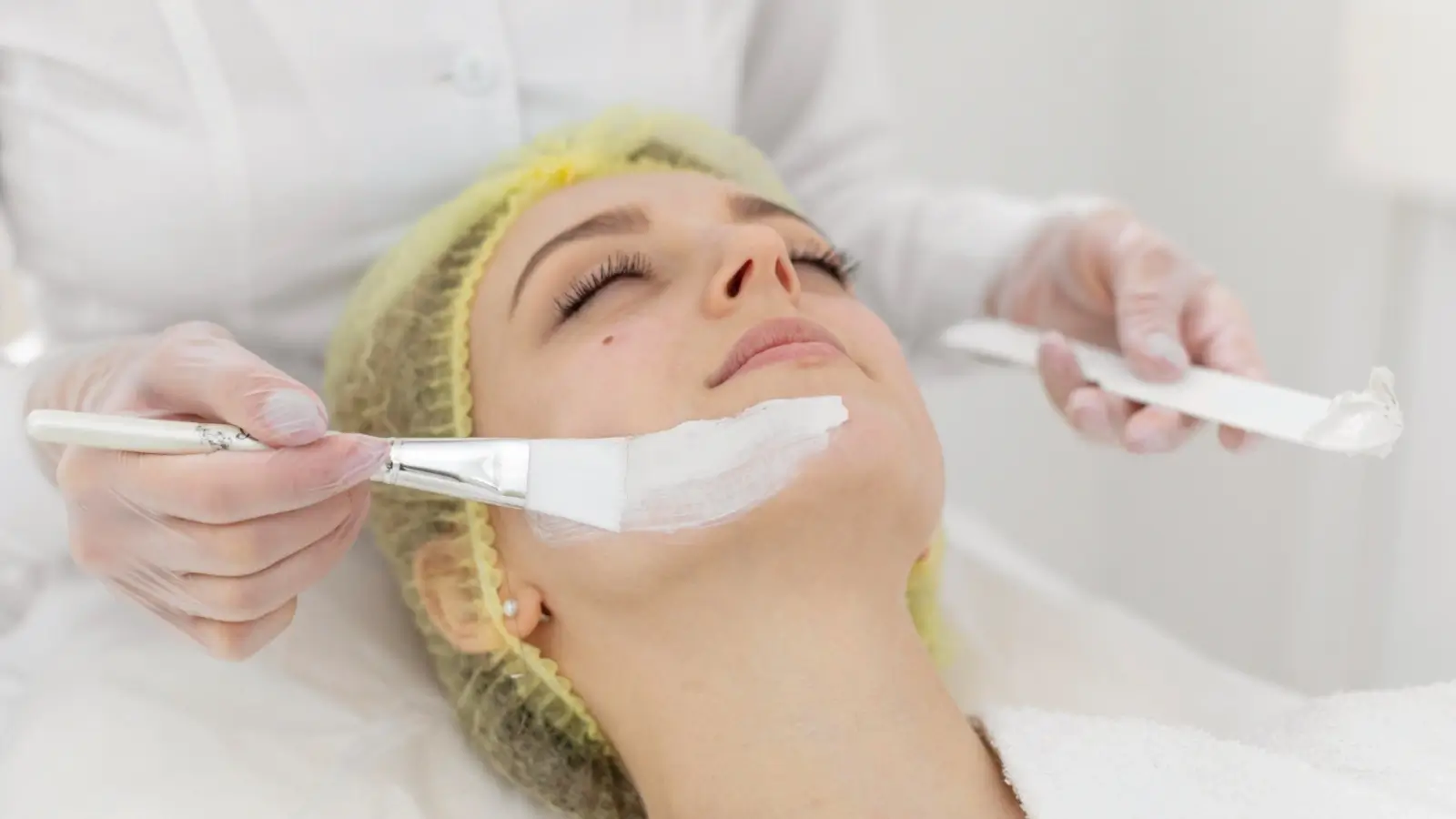What does hydrogen peroxide do
— Hydrogen peroxide is a versatile oxidizing agent used in medicine, industry, and cleaning—but improper use can pose serious health risks.

Hydrogen peroxide (H₂O₂) is a chemical compound that is commonly found in both households and industrial applications. Despite its simple molecular structure, it has a wide array of uses and benefits due to its unique chemical properties. At its core, hydrogen peroxide is an oxidizing agent, meaning it readily donates oxygen to other substances, making it a versatile compound with numerous applications in medicine, cleaning, environmental protection, and even industry.
Hydrogen peroxide is a colorless liquid with a slightly sharper odor compared to water. In its pure form, it is unstable and decomposes into water and oxygen gas over time, which is why it is usually sold in diluted solutions, typically around 3% concentration for household use. In higher concentrations, such as 30% or more, hydrogen peroxide becomes a powerful bleaching and disinfecting agent, used for industrial purposes and in laboratories. Its instability is what makes it a potent reactive substance. The equation for the decomposition of hydrogen peroxide is as follows:
2H2O2→2H2O+O2
This breakdown into water and oxygen makes it both an effective cleaning agent and a powerful disinfectant.
One of the most well-known uses of hydrogen peroxide is in the medical field, particularly for cleaning and disinfecting wounds. Its effervescence when applied to an injury is often seen as an indicator that it is cleaning the wound, though this process can sometimes damage healthy tissue as well. For years, it was a common practice to use hydrogen peroxide as an antiseptic for minor cuts and abrasions. However, its use for wound cleaning has decreased in recent years, as it can be too harsh on tissue and delay healing.
Hydrogen peroxide is also a key component in oral hygiene products, such as mouthwashes and toothpaste, due to its ability to kill bacteria. Some people use diluted hydrogen peroxide as a mouth rinse to help whiten teeth or to combat bad breath. It's important to note, though, that it should always be diluted properly to avoid irritation to the mucous membranes in the mouth.
Hydrogen peroxide (H₂O₂) is not recognized as a treatment for ED. There is no clinical evidence or scientific basis supporting the idea ,In fact, using hydrogen peroxide for ED could be harmful, as it is a potent oxidizing agent and can cause irritation or damage to tissues if used inappropriately. There is no scientific evidence to suggest that hydrogen peroxide has any beneficial effects on erectile problems. Lifestyle factors: Poor diet, lack of physical activity, smoking, or excessive alcohol consumption are known to contribute to ED. There are alternative treatments that some people use cenforce 150 mg although they should only be tried under the guidance.
Hydrogen peroxide is also used in environmental and industrial applications due to its eco-friendly characteristics. In water treatment, hydrogen peroxide can be used to break down contaminants and pollutants, particularly organic compounds. It’s used in some advanced oxidation processes to purify water and remove harmful chemicals from wastewater.
In the agricultural sector, hydrogen peroxide is sometimes employed as a safe and effective means to disinfect water used for irrigation, as well as to treat plant diseases caused by bacteria and fungi. It can also help to aerate the soil by releasing oxygen, promoting better root growth in some crops.
Industrial and Commercial Uses
Beyond household and environmental uses, hydrogen peroxide is essential in various industrial applications. In the paper and textile industries, it’s used as a bleaching agent to whiten paper products and fabrics. Unlike chlorine-based bleaches, hydrogen peroxide is less harmful to the environment, making it an attractive alternative for sustainable production practices.
The compound is also involved in the production of chemicals like peracetic acid, which is used as a disinfectant, and it’s critical in the manufacture of certain plastics, such as polyethylene and polypropylene. Hydrogen peroxide’s oxidizing properties are essential in these chemical processes, as they help facilitate the reactions that turn raw materials into finished products.
In the cosmetics industry, hydrogen peroxide plays a role in the formulation of products like hair bleach, as it can effectively lighten hair by breaking down the natural pigments. It’s also used in small concentrations in skin-care products due to its antibacterial properties.
Hydrogen peroxide’s oxidizing properties can cause damage to cells and tissues. It can irritate and even destroy healthy skin and mucous membranes when applied topically in high concentrations. Applying hydrogen peroxide to sensitive areas, including the genitals, could lead to pain, irritation, or long-term tissue damage. This could worsen erectile function instead of improving it. But cenforce 150 mg its effectiveness varies from person to person.
Despite its wide range of uses, hydrogen peroxide is not without risks. In concentrated forms, it can be a strong irritant to the skin, eyes, and respiratory system. Prolonged exposure to high concentrations can lead to burns or even more severe health issues. It’s essential to handle hydrogen peroxide with care, particularly when working with higher concentrations for industrial or laboratory purposes.
Its oxidizing properties make it useful as a disinfectant, bleaching agent, and stain remover, while its natural breakdown into water and oxygen makes it relatively environmentally friendly compared to other chemical agents. Whether used for cleaning, treating wounds, or even in industrial manufacturing, hydrogen peroxide's broad range of uses underscores its importance as both a household staple and a critical component in various industries. However, it is essential to use it responsibly, keeping in mind the necessary precautions to avoid potential hazards, particularly when dealing with concentrated solutions.




















